How to Avoid the Slush Pile
Today's guest post was brought to you by Lola Smirnova
One of the hardest things to take as a writer is that you often rarely get to find out the reasons why your work has ended up in the slush pile; frustrating though it is, what I’ll try to do in this piece is lift the lid a little on the publishing world and give you some helpful pointers to avoid the dreaded slush pile!
If you’re serious about getting published these practical tips will help you to improve your manuscript in several areas; it’s these little things that can tip the balance in your favour when you’re operating in a fiercely competitive market like writing.
Proper formatting is absolutely essential
It might seem picky, but it’s true; proper formatting is a must. Publishers read so many manuscripts so you must ensure that yours is easy on the eye to read and not a painful, eye twitching experience for the reader.
Some publishers will state what their formatting preference is and if they do it’s essential that you stick to these rigidly; if you don’t you may get rejected on this basis. If no preferences are stated stick to the standard format: double spaced, 12pt, 1” to 1.25” margins on all sides and page numbers.
Typos and grammar
Do you best to get these right; to be honest, they aren’t necessarily something that would pass or fail a manuscript, but this definitely falls into the category of “don’t annoy the publisher unnecessarily”. Make it easy for them to read your work and to like you!
Avoid clichés
Clichés harm your credibility as a writer; plain and simple. They give the publisher the impression that you have limited vocabulary and imagination so avoid trotting these tired old descriptions and metaphors out. A really good rule of thumb is that you should only use a cliché if one of your characters is being directly quoted. Don’t shortcut characterisation or emotion by using these; think of a better way!
Use ambiguity carefully
This can be really difficult to get right; you need to constantly remind yourself that the reader doesn’t know your characters, your story and your message as well as you (yet, hopefully!). Something which seems obvious to you may not the reader and they don’t have your insight into the character or story. All areas of ambiguity should be answered at some point; they should make sense by the end of the story.
Avoid grand gestures, or at least use them sparingly
It’s always tempting to use sweeping statements and elaborate metaphors under the guise of being poetic and dramatic, but in truth they can damage a passage by coming across as grandiose or pretentious. You should avoid overly melodramatic prose as it can come across as vague and, worse, like you’re showing off your vocabulary. You don’t want to be the “author that ate a thesaurus”. By including unique and precise details, you can remedy the use of such sweeping, grand statements and metaphors however.
About the Author:
Lola Smirnova is an author from Ukraine. Her novels are inspired by real-life events. They are meant for the open-minded readers who are not afraid of a little blood, sweat and semen.
Lola’s debut novel "Twisted" was released in 2014. The book placed as Honorable Mention in the General Fiction Category of The 2014 London Book Festival’s Annual Competition. Lola released "Craved", the highly anticipated sequel to "Twisted", in August 2015.
Lola has fascinating stories to share about the experiences of women in the global sex industry. Her thrilling tales will surely shock and surprise you, with both the storyline and literary value.
Lola lives in South Africa, and is currently working on the third book in her trilogy. To learn more, go to http://lolasmirnova.com/
Readers can connect with Lola Smirnova on Facebook, Twitter, and Goodreads.
Synopsis:
Having been to hell and back, the eager sisters from Ukraine - Natalia, Lena and Julia - decide to retire from selling sex and walk the straight and narrow path back home. But when an old friend calls them with an opportunity to make buckets of ‘easy’ money in South Africa, they find it impossible to refuse.
Return to the nightlife of the entertainment business brings along all the old familiar temptations - alcohol, drugs, and prostitution.
Can the girls resist their vices and stay together? Or will this industry destroy their sanity and their family?
Inspired by real life events, "Craved" is a fascinating story of addiction, survival and the art of making a living in the sex trade.


